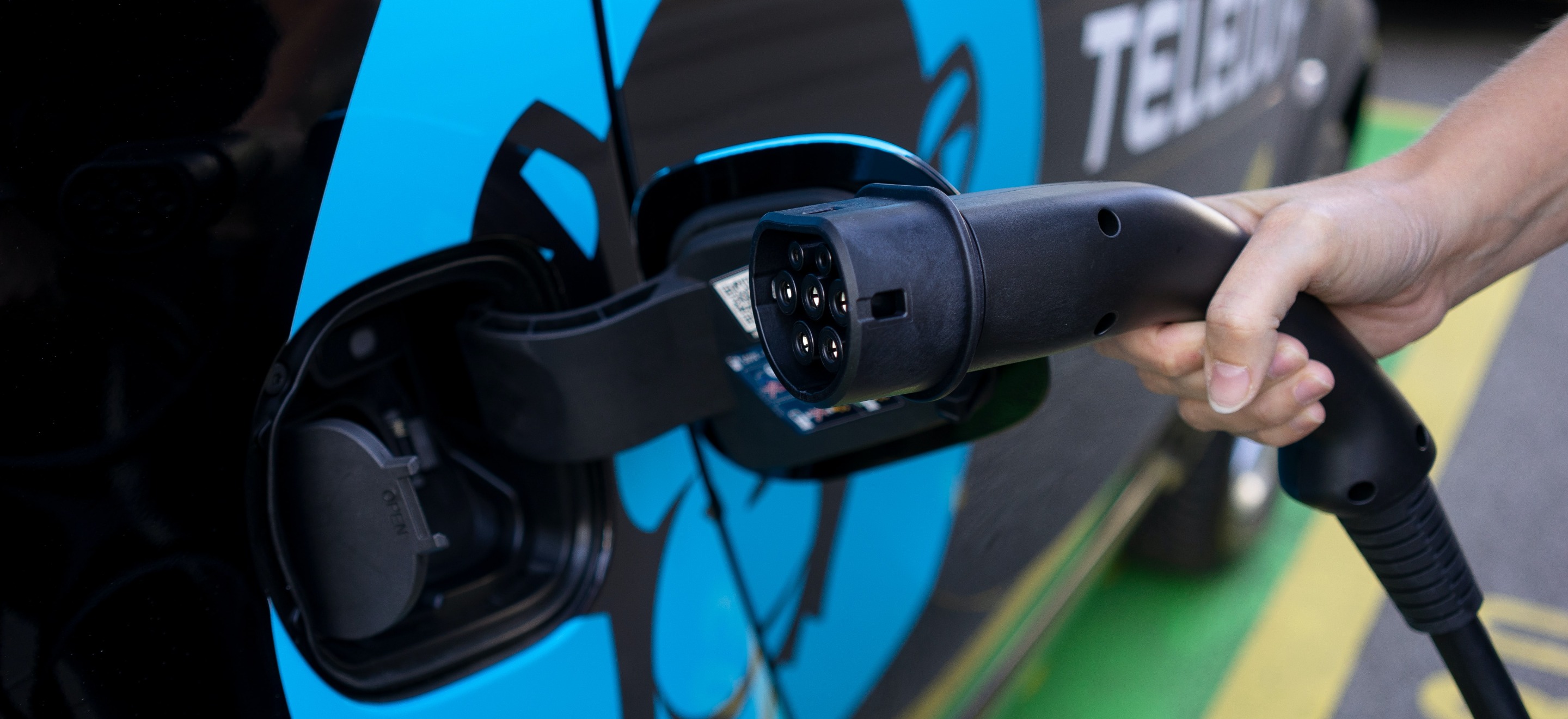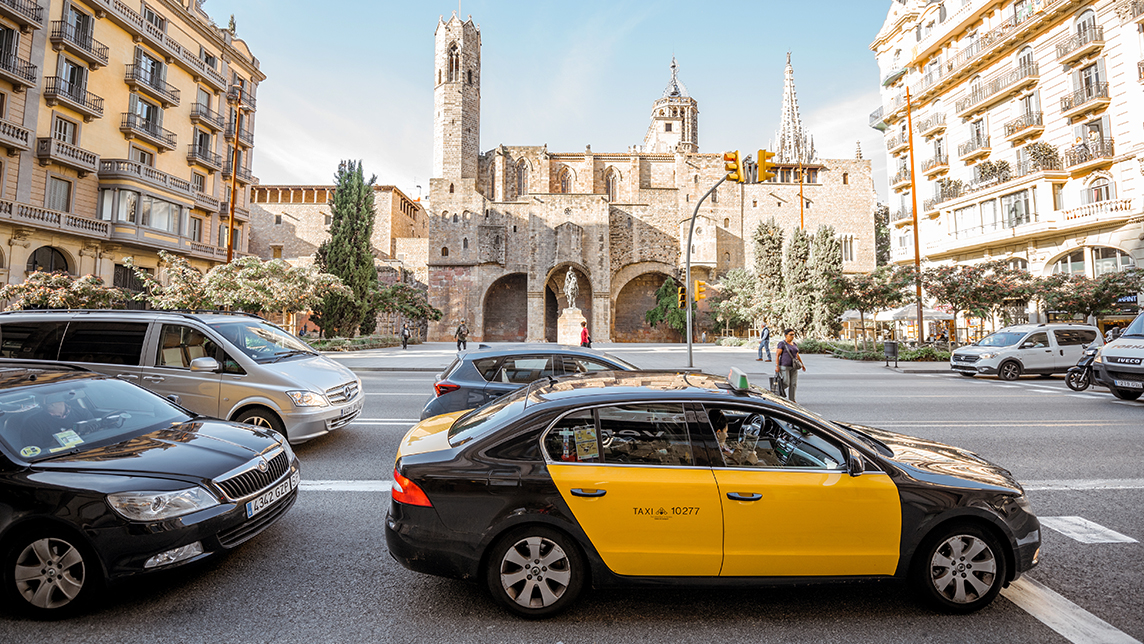In 2015, the head of the Indonesian government’s Agency for the Assessment and Application of Technology, Unggul Priyanto, said that electric vehicles in Indonesia should not be developed as an industry yet. “Even in developed countries, EVs are not yet commercially viable. I don’t think it can sell. We are also still facing difficulties in batteries and recharging stations,” Priyanto said.
The government seems to have changed its mind recently. It is putting together a roadmap for EV adoption, with a target of 2.2m electric cars and 13m electric motorcycles on the road by 2030, and plans to build more than 30,000 charging and battery swap stations by that time. Domestic EV manufacturing and assembly are also starting to grow, powered by both local and foreign companies.
Part of what built up this interest in EV almost overnight is the government’s need to develop a downstream industry for Indonesia’s nickel ore, the export of which the government









